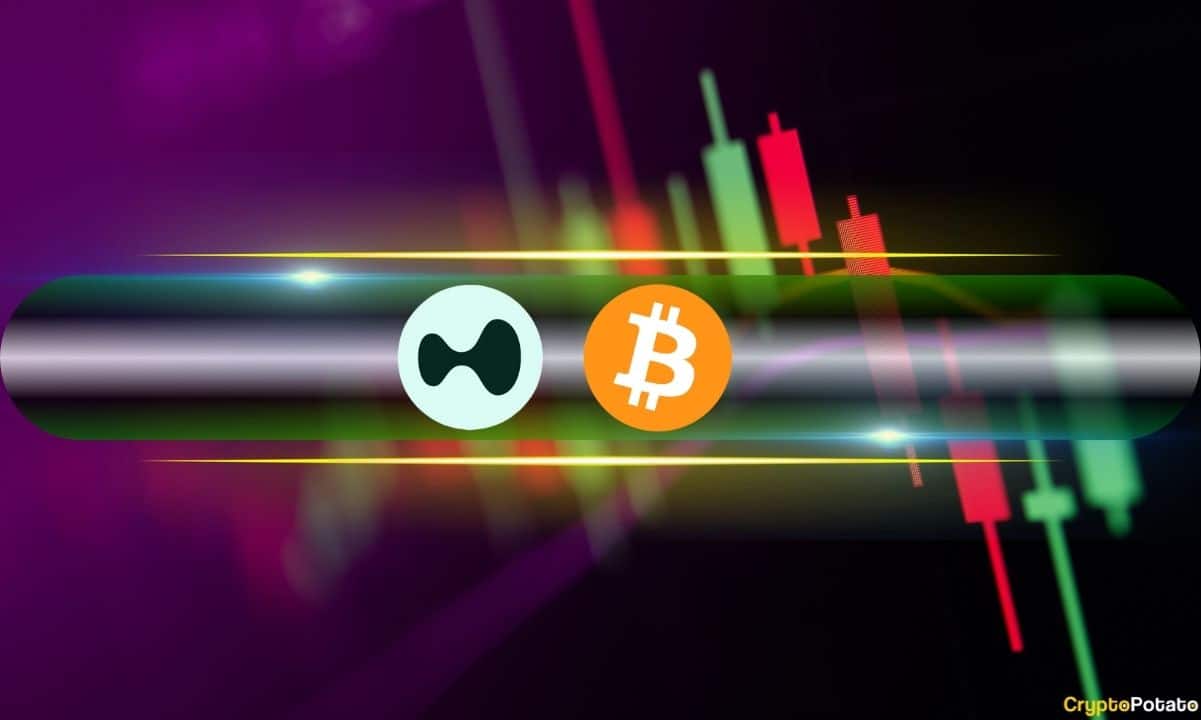Consumer Sentiment Drops Sharply – Panic on Wall Street and Bitcoin Slumps
Consumer sentiment in the U.S., according to the Conference Board survey, recorded its sharpest drop in February since August 2021. The report triggered a panic reaction in the stock market, as it also revealed an unprecedented surge in inflation expectations—from 5.2% to 6%. Moreover, for the first time since June 2024, the Expectations Index fell below 80, a threshold often signaling an upcoming recession.
The S&P 500 index dropped by 1% following the report, approaching 5,900 points, while the Nasdaq 100 saw a nearly 2% sell-off. Bitcoin’s price has declined from $94,000 to $86,000, marking a 12% drop in just five days.
Alarming Data
U.S. consumer confidence index (Conference Board, February):
98.3 (forecast: 102.5, January: 104.1)
According to the report: “The decline likely reflects a mix of factors, including persistent inflation and a recent surge in the prices of key household items, such as eggs. The anticipated impact of new tariffs may have also played a role.”
The cutoff date for preliminary Conference Board readings was February 19, 2025. The full report is available here.
The Present Situation Index, based on consumers’ assessments of current business and labor market conditions, fell by 3.4 points to 136.5. The Expectations Index, which reflects short-term consumer outlooks on income, business conditions, and employment, dropped 9.3 points to 72.9.
The percentage of consumers predicting a recession in the next 12 months has reached its highest level in nine months. Optimism about the stock market has declined significantly:
- Only 46.8% of consumers expect stock prices to rise in the coming year—the lowest percentage since April 2024, down from 54.2% in January.
- 32.8% anticipate stock prices will decline, compared to 24.8% in January.
- Over 51.7% of consumers expect higher interest rates in the next 12 months, while the percentage expecting lower rates has dropped from 27.1% to 24%.
Conference Board Commentary
Stephanie Guichard, Global Indicators Economist at The Conference Board, commented:
“In February, consumer confidence experienced its largest monthly decline since August 2021. (…) This marks the third consecutive monthly drop, bringing the index to the lower end of its range since 2022. Among the five components of the index, only consumer assessments of current business conditions improved slightly.
Views on current labor market conditions weakened. Consumers became more pessimistic about future business conditions and less optimistic about future income. Expectations for future employment worsened, reaching the highest level of pessimism in ten months.”
Mentions of inflation and general price levels remain high, but consumer concerns have shifted towards other issues. Notably, discussions about trade and tariffs have surged to levels not seen since 2019. Most significantly, political concerns regarding the current administration dominated the survey responses.
Who Is Most Affected?
The February confidence drop affected all age groups but was most pronounced among consumers aged 35 to 55. It also impacted most income brackets, except for households earning less than $15,000 and those making between $100,000–$125,000 annually.
Based on a six-month moving average, home-buying plans continued to rise, likely supported by the recent decline in mortgage rates. However, plans to purchase cars and major appliances, including televisions and electronics, declined. Consumer intentions to spend more on services remained largely unchanged, but vacation plans continued to trend downward.
Thank you for reading our article to the end.



